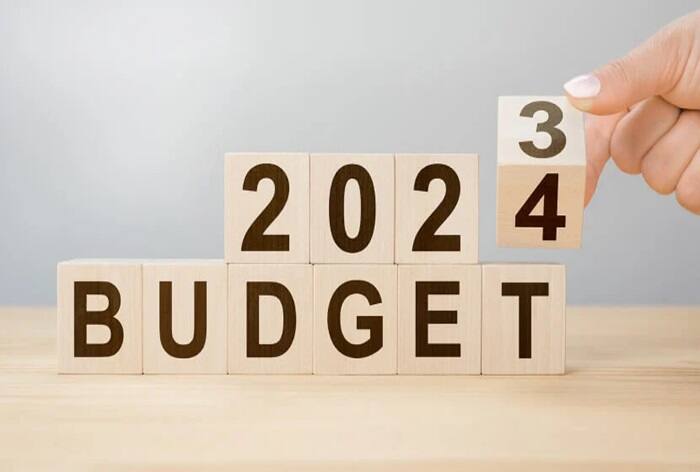The Narendra Modi-led government is set to present the interim budget for the financial year 2024–25 on February 1. Here are some policy/ reform announcements expected to come this year?

New Delhi: All eyes are on Budget 2024, which the Central Government is all set to present for the fiscal year 2024-25 on February 1, 2024. However, this will be the Vote on Account or Interim Budget rather than a full Budget ahead of the Lok Sabha Elections scheduled for early next year. The full Budget will be presented in July, after the formation of the new government following the election. As an interim Budget, it is expected to have no major announcements as it coincides with the Lok Sabha polls. It is allocated for the upcoming financial year, applicable from April 1 to March 31 of the next year.
Budget 2024: Here Are Some Key Expectations From Budget 2024
If we talk about growth, India is showing a growth of 7.8 percent in the first quarter. Considering the growth, Deloitte India has revised up its growth estimate for 2023-24 with an expectation at 6.5- 6.8 percent for the next year. Not only Deloitte but IMF also revised the country’s growth forecast to 6.3 percent for the next year.
Budget 2024: Capital Expenditure
The International Monetary Fund (IMF) also revised its growth forecast for India to 6.3 percent for the next year. if we talk about capital expenditure of the country, the government consistently raising the budgetary allocation for infrastructure, it is likely to grow from 22 percent this year and 38.9 percent in 2024.
Furthermore, continuous improvement in the balance sheets of the banks over the past years and drastic decline in NPA across the sectors has helped credit growth recovery post Covid-19 pandemic.
Budget 2024: MSME Sector
Like other sectors, the Micro, Small & Medium Enterprises (MSME) sector is also emerging out of the crisis after the deadly Covid-19 horror, with the demand for loans in the sector increasing to 33 percent in the first Quarter of FY23-24. Notably, delinquencies are going down as NPAs have improved significantly across segments of MSME lenders and borrowers.
Budget 2024: Pro-People Policies
As the Central Government’s prime focus is uplifting the poor people and improve their livelihood, the PM Modi-led government can introduce several beneficiary schemes considering the upcoming General Sabha election.
Budget 2024: Positive Signs
Deloitte India Economist Rumki Majumdar is expecting growth between 6.5 percent to 6.8 percent during FY2023–24, following by an average of 6.65 percent and 7.95 percent over the next two years.
“We also remain optimistic about the economy this year and expect India to grow between 6.5 percent and 6.8 per cent during FY2023–24 in our baseline scenario, followed by an average of 6.65 percent and 7.95 per cent over the next two years as the global economy turns buoyant. India will have to rely on its own domestic demand to drive its growth, specifically, private consumption and investment spending. However, inflation could affect stability in growth. We expect higher prices over the next 1.5 years; prices are expected to remain in the upper range of the RBI’s inflation target band over the forecast period,” Financial Express quoted Majumdar as saying.
Furthermore, consumer spending is witnessing a strong revival post-pandemic in the high-income segment such as travel and hospitality. Not only that, sale of high-end vehicles in the passenger vehicle segment have also witnessed an increase. However, segments like FMCG, entry-level auto segments, and two-wheelers are still expected to gain pace. “Simultaneously, rising policy rates have put pressure on household borrowings as EMIs have gone up. Spatial and erratic monsoon has further added to stress on rural spending abilities,” said Deloitte.
Budget 2024: Top Asks From The Government
According to Deloitte India Partner Sanjay Kumar, the GDP growth contracted by 7.7 percent in 1Q FY24 following the growth in double digits for eight consecutive quarters. Because the slowdown was largely impacted by the deceleration in growth of major economies, boosting exports in new markets, while assisting existing markets grow, is significant.
The Central Government is also likely to shift its savings from subsidies toward expenditures that can improve sustainable growth in income among rural households. This can be manifested through increased spending on rural infrastructure development or the implementation of incentives focusing at improving cash flow.
Amid these expectations, Deloitte India recommends broadening the scope of PLI schemes to chemical and services sectors that create massive manufacturing demand. The Centre can also provide funds for the RoDTEP and other export promotion initiatives.

